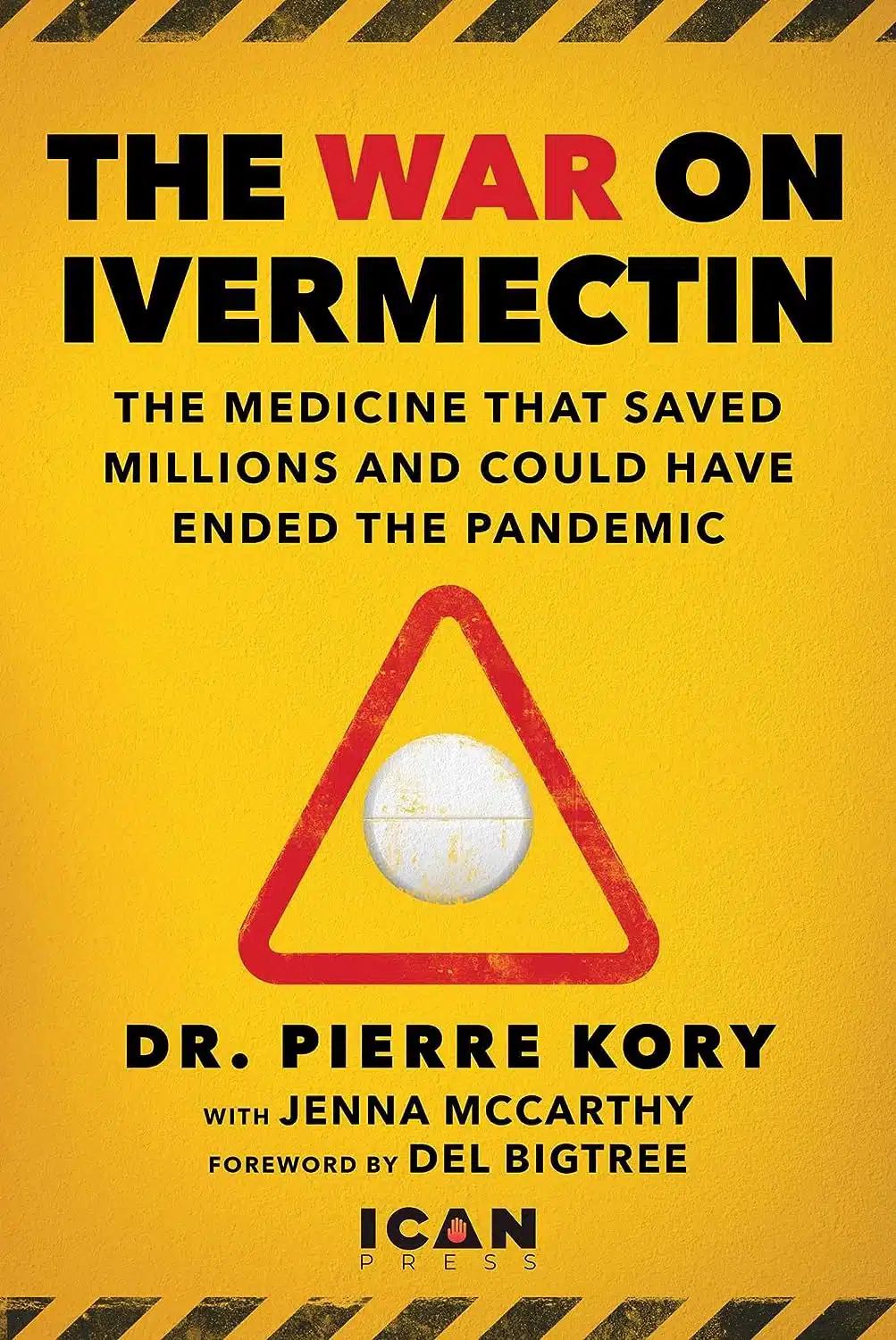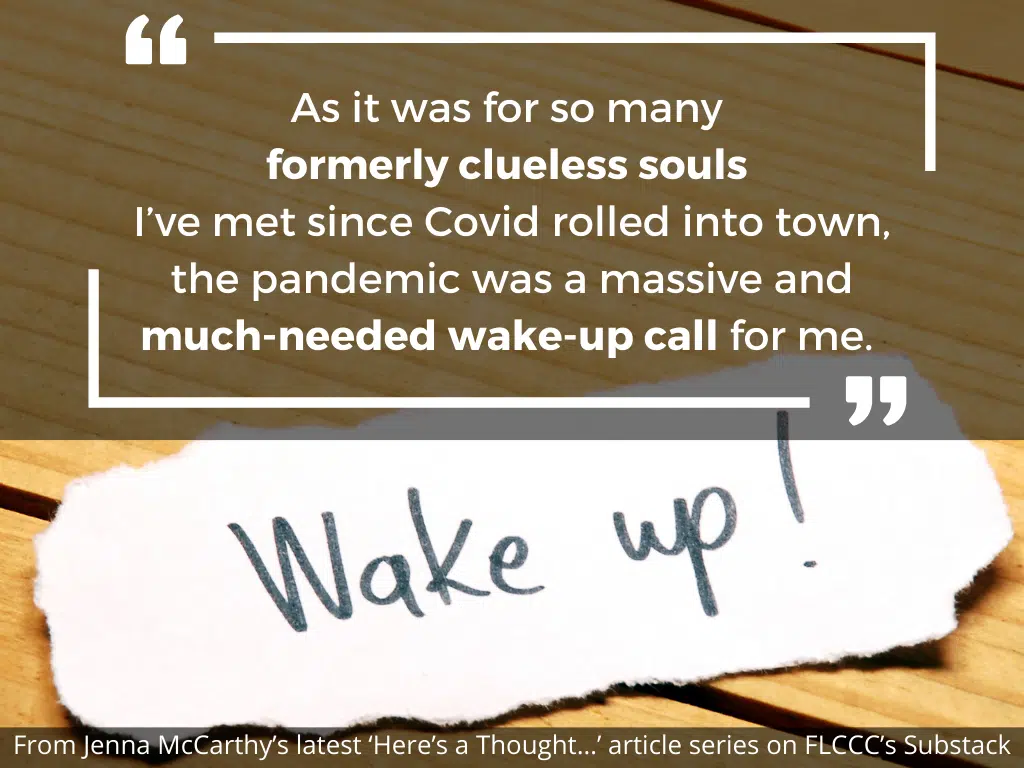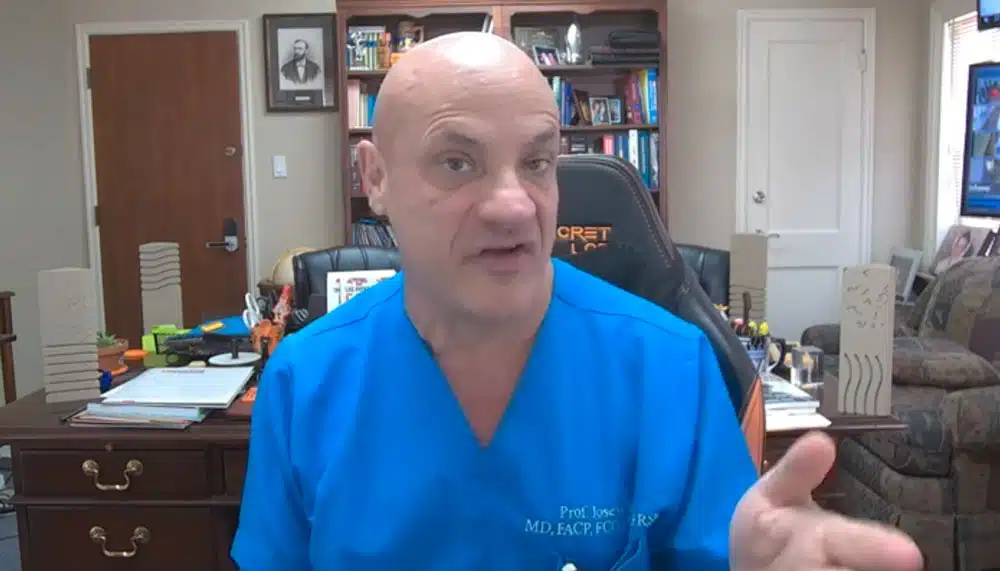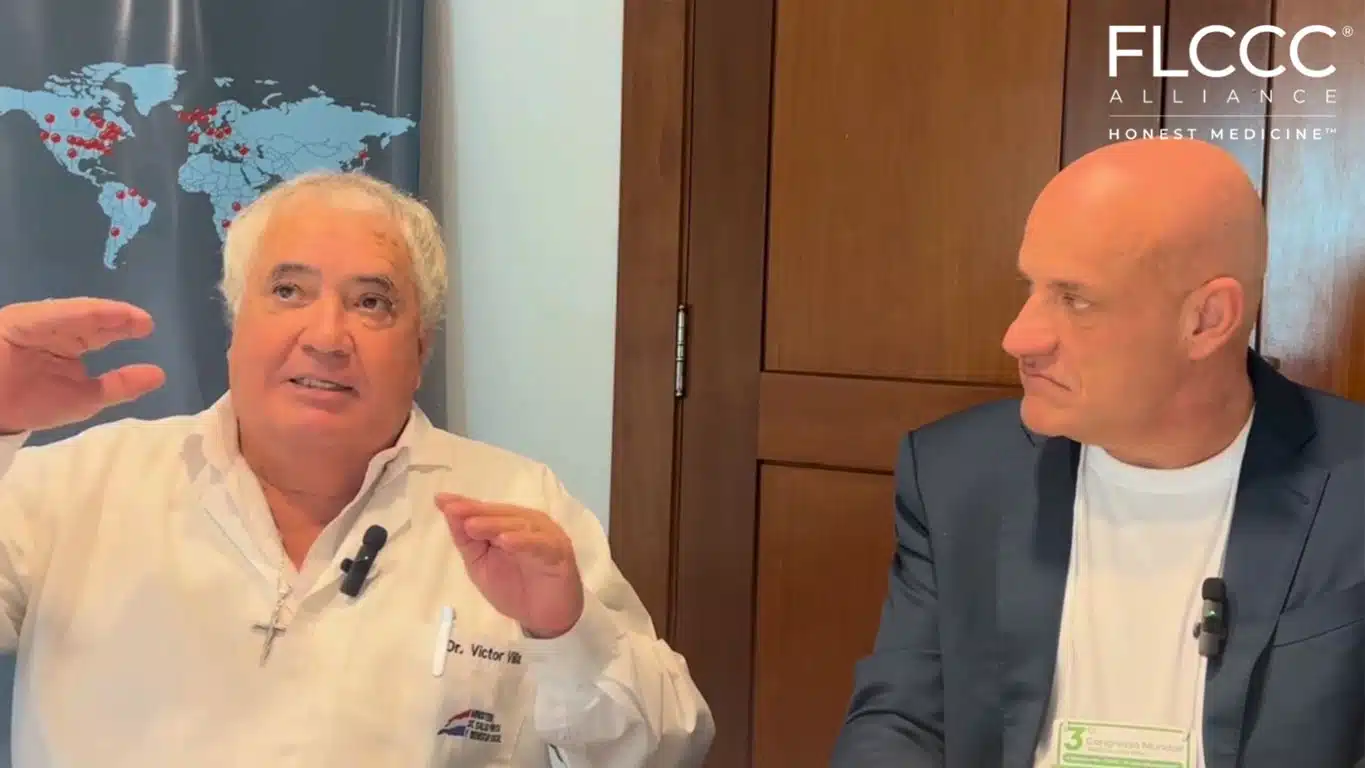
Jenna McCarthy’s seven-point plan to Break Bad on the ‘medical cartel’
For most of my adult life, I’m embarrassed to admit, I was a dutiful mule for the medical cartel. I got my annual flu shot and my miserable mammogram, took my daughters to the pediatrician for routine “well visits” (can you imagine paying good money to bring your perfectly functioning iPhone to the Apple store every year to make sure it was fine?) and brushed my teeth with the fluoride toothpaste they promised would prevent cavities. (Spoiler: It didn’t. But can you imagine how many more cavities I might have had without it? SMH.)
As it was for so many formerly clueless souls I’ve met since Covid rolled into town, the pandemic was a massive and much-needed wake-up call for me. What started with “wait, they really want us to inject experimental mRNA technology into our bodies?” has morphed into “I will never trust a single thing the CDC, FDA, NIH, or WHO says as long as I live.”
The piece I grapple with most is, I’m a researcher. If you asked me in 2019 if I considered myself a critical thinker, I would have emphatically said yes. And yet the fact that Pharma is patently corrupt has never been a secret. More than a decade prior to the pandemic, Pfizer paid out the largest healthcare fraud settlement in history ($2.3 billion) for false claims and illegal marketing. That wasn’t a one-off, oops-we-slipped-and-said-something-we-shouldn’t-have event. According to Public Citizen, between 1991 and 2021, settlements against pharmaceutical manufacturers in 482 cases resulted in $62.9 billion in penalties. This seems like a huge heap of money but in reality is just three percent of the $1.9 trillion made by the 35 largest drug companies during just 19 of those 31 years. (Imagine if the penalty for robbing a bank was a fine of three percent of the haul. Who wouldn’t rob a bank?)
As Dr. Pierre Kory and I documented in The War on Ivermectin, Dr. Marcia Angell, the long-time editor-in-chief of the New England Journal of Medicine, resigned from the post 24 years ago because of what she described—back then—as the rising and indefensible influence being exerted by Pharma on virtually every aspect of medicine. In her now 19-year-old book The Truth About Drug Companies: How They Deceive Us and What to Do About It, Angell wrote,
“It is simply no longer possible to believe much of the clinical research that is published, or to rely on the judgment of trusted physicians or authoritative medical guidelines.”
I have been writing about health-related topics for 30 years. How did Angell’s book escape my attention? Why didn’t I do a deep dive into any of those Pharma scandals? How did it simply never occur to me to question a single medical directive my (or my husband’s or children’s) doctors issued?

In my defense (*which will be the title of my next memoir), we are taught to defer to authority in this country. Talk back to the teacher and you’ll be talking to the principal. If a cop has his lights on behind you, you’d better pull over. When your boss says jump, there are only two acceptable replies: “On it!” or “How high?” Honor thy father and mother, back the blue, obey your elders, trust the science, doctor’s orders. Early in the Covid craziness, when I’d post or publish anything anti-narrative, I’d be met with a degrading chorus of, “where’d you go to medical school again?” You were only smart if you blindly trusted someone who had a white coat and an advanced degree or two. Questioning him or her made you the butt of every other internet meme (pun intended).
Consider the fluoride fiasco. Since the 1940s they’ve added it to our water, packed it into our toothpastes, offered it as an add-on [that my mother was powerless to resist] at the dentist, and if you were especially lucky like I was, passed out nasty cups of it in schools. The CDC calls fluoridation of drinking water “one of 10 great public health interventions of the 20th century” because of the alleged decline in cavities since the program’s inception—despite dozens of studies linking fluoride to reduced IQ and brain damage (some of them dating back to the 1940s).
So there are known risks… but fluoridation continues. (Worth noting is that the fluoride used in water treatment usually comes from byproducts of fertilizer production and aluminum manufacturing.) Are we to believe our public health organizations care that deeply about the nation’s collective cavity count? Because absent of that concern, the only other plausible explanation for the program’s continuation is they want us to be dumb.
Sounds conspiracy theory-ish, but think about it: Reduced cognitive function would likely make people more compliant, less critical of authority, and less likely to question government policies. An intellectually diminished population is easier to control and less likely to resist overreaching public health measures. Or maybe they’re just too lazy to get around to revising an outdated, proven-harmful health protocol? It could happen, and since anything is possible, I propose this audacious seven-point plan to tame the biomedical industrial complex.
I’m no public policy expert, but if anyone knows one, feel free to share my suggestions for fixing—or at least improving—our broken medical system.
- Prohibit industry funding of public health agencies. This would eliminate the conflicts of interest that allow these agencies to prioritize corporate profits over public health.
- Ban pharmaceutical advertising. Once this is done, “news” outlets are free to report side effects, negative trial results, breaches of ethics, and actual facts (not marketing claims).
- Implement a one-strike rule. Any company found guilty of bribing doctors, manipulating research studies, falsifying clinical trial results, engaging in fraudulent or deceptive advertising, or disregarding patient safety gets shut down after the first offense. No fines, no wrist slaps, no exceptions.
- Dismantle the revolving door between Pharma and the government. Once you’ve worked for one, you cannot work for the other. Period.
- Make all clinical trial data open and available to the public. This would prevent selective reporting of favorable (or unfavorable) outcomes and then—gasp!—regular folks could do their own research.
- Repeal the National Childhood Vaccine Injury Act. Under the NCVIA, vaccine manufacturers cannot be held liable for vaccine-related injuries and deaths. Minus this liability, where’s the incentive to produce safe, effective products?
- Expand and enforce whistleblower protection laws. If you’re the one who exposes industry misconduct, you cannot be fired, imprisoned, or punished in any way. Any effort by the company or industry you exposed to retaliate would be met with swift, harsh punishment.
Does my list seem impossibly daunting or undoable? What did I forget? Share your suggestions in the FLCCC Forums.






